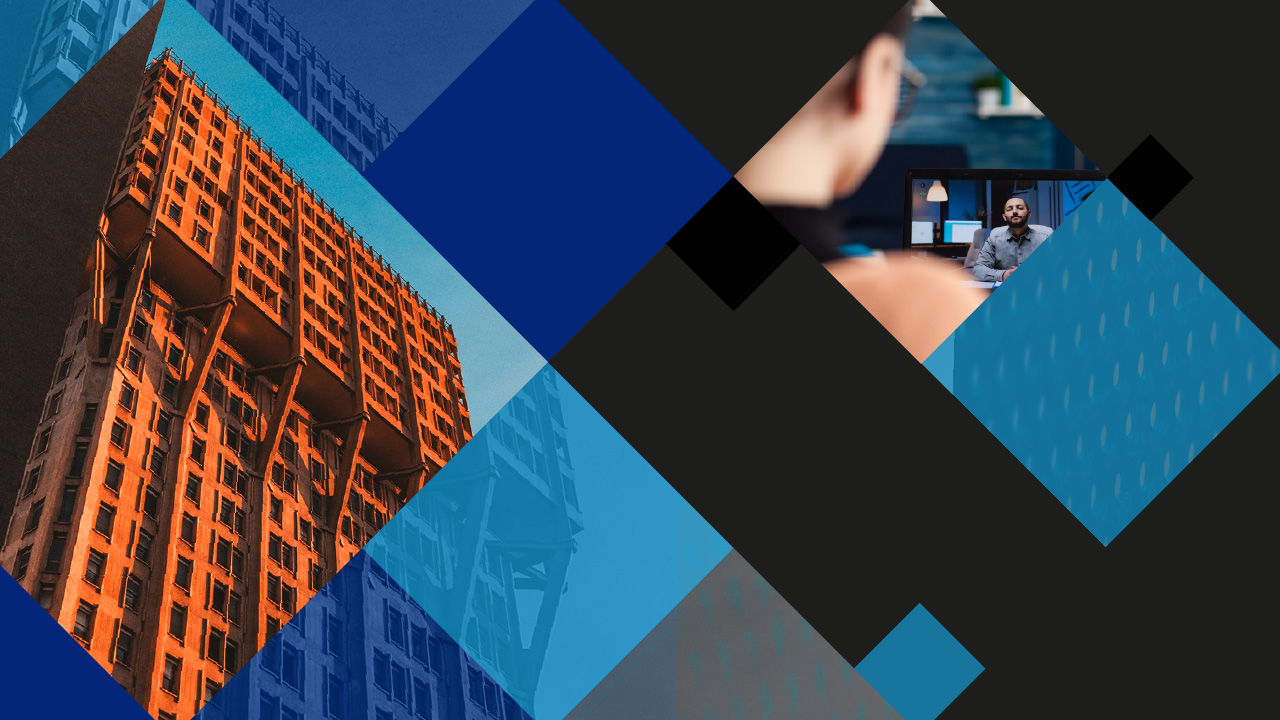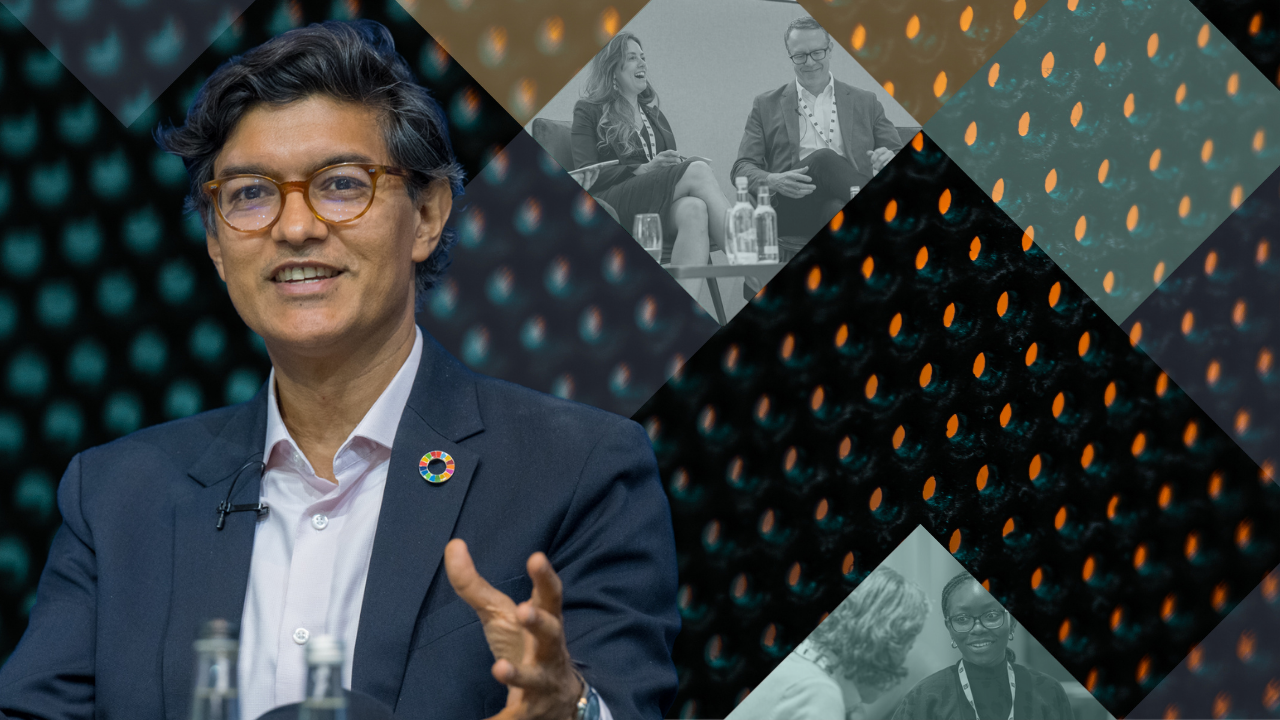The Beirut Stock Exchange (BSE) is comprised of 14 desks, 14 telephones and 28 computer screens. The 14 traders work in a bored and easy silence, tapping in orders and occasionally cracking a paperback book or chatting with a comrade in the next cubicle.
With only 15 listed companies, there isn’t a lot to do on the trading floor of the bourse, which is only open for three hours a day. Traders can look out their windows toward the Port of Beirut, which has been blockaded by Israel for a month and currently receives no ships or cargo except for a trickle of humanitarian relief. They can scan the skies for Israeli planes and leaflets, and listen for the thrum of drones or crack of distant bombs. The fourth-floor offices look out over Beirut’s lavishly rebuilt central business district, but there are almost no pedestrians, even during the limited office hours.
‘It is quiet outside and it is quiet inside,’ says Georges, a trader for Banque Libano-Française (a division of Credit Agricole) who declines to give his last name. ‘We don’t communicate with each other; even our trades are anonymous.’
Ennui and tension aside, the BSE is usually a pretty quiet place. But if history helps to predict the future, this un-air-conditioned room will also provide a conduit for the capital to rebuild a shattered Lebanon.
Safety measures
Equity ‘is like a spare tire for the economy,’ BSE chairman Fadi Khalaf tells IR magazine. ‘You need the financial sector and the capital markets to give companies a way to develop their activities.’ He says many corporations have already maxed out their ability to borrow, so selling equity is another strategy to increase their capital: ‘If we want to reconstruct our country, these companies will have to have access to this market.’
The BSE closed when the current conflict between Israel and Lebanon began, reopening on August 1, and Khalaf says the two-week hiatus was all that was needed to let investors sort out their own confusion and make intelligent decisions regarding their portfolios.
‘In the first two to three days after the war started, people were unable to decide whether to go to their offices or not, to stay or to leave Lebanon,’ Khalaf says. ‘Now, everyone knows how to operate. Some businesses are closed, others have reduced their hours.We are Lebanese and we have adapted.’
One measure taken was the imposition of a temporary 5 percent price move limit on the trading of a stock. The idea, Khalaf says, is to tame panic trading by small investors and curtail rampant speculation by larger firms. The BSE chairman compares it to the antilock brake system that keeps a car from skidding as it slows down.
Founded in 1920 to serve the gold and foreign exchange markets, the BSE is the oldest bourse in the Middle East. Far smaller than Saudi Arabia’s, Cairo’s and even Kuwait’s stock exchanges, it is respected by investors for its transparency and relative stability in a highly volatile region. Only Lebanese companies are listed on the BSE, and they provide a useful snapshot of the local business scene.
Concrete benefits
The hottest stock on the bourse? Holcim Liban, a cement company. Shares of Holcim are trading at a modest $2 or so, but just try to buy them. On a recent morning, shares had already surged to the 5 percent limit. Computers showed a queue of buyers, but no sellers.
That concrete is the new hot growth stock should not be a surprise to anyone who has followed Lebanon’s fortunes and misfortunes. The country has risen from its own ashes and rubble so many times that people here take its survival for granted. ‘Buildings,’ they say, ‘are easy. It’s the people we worry about.’
The conflict between the Israel Defense Forces and the Islamic Hezbollah militia has raged since July 12, when the Lebanese organization kidnapped two soldiers from northern Israel. Israel’s siege and Hezbollah’s retaliation have caused over 1,000 Lebanese deaths and billions of dollars’ worth of physical damage. In Lebanon, air strikes have destroyed bridges and overpasses, cratered highways and secondary roads, and flattened thousands of apartment buildings. Whole villages in the south, and major suburbs south of Beirut, will have to be bulldozed and rebuilt from scratch. All of this makes cement a hot commodity.
A half-dozen banks are also listed on the bourse, but the biggest listed company by far is Solidere, the construction company owned by slain former Lebanese prime minister Rafik Hariri. Solidere designed, financed and built Beirut’s downtown business center, an ambitious, mixed-use, 400-odd-acre area of shops, offices, apartments and cafes. At night, the area was a magnet for well-to-do families who would stroll the precisely laid-out pedestrian walkways running between dramatically lit Ottoman and French Mandate-style buildings.
Uncertain future
The business district has been untouched by the current conflict, but its shops are empty of merchandise as well as customers, as everyone who can has fled to the mountains or abroad. The stock exchange is such a quiet place these days that Khalaf takes his own calls and books appointments for the next day. ‘We don’t have the luxury of scheduling appointments next week,’ says his assistant, referring to Lebanon’s precarious situation.
Khalaf’s office is bare, save for a standard portrait of speaker of the Lebanese parliament Nabih Berri, the country’s most prominent Shia Muslim.
Although the bourse’s market capitalization has plunged from $7.2 bn in late June to $5.5 bn just six weeks later, Khalaf, 43, is unconcerned about the ‘temporary’ losses and bullish about the BSE’s future.
The bourse is investing in remote trading to allow brokers to execute trades from their own offices. That system could be operational within two years. An updated web site will allow investors to follow stock prices in real time. As more companies begin to list on the market, Khalaf is confident that the number of seats will also rise and that market capitalization will return to pre-war levels.
And there are plenty of investors, Khalaf notes, as surging oil prices have spurred individuals and institutions to diversify their holdings. ‘I think we are still attractive to investors,’ he says.





